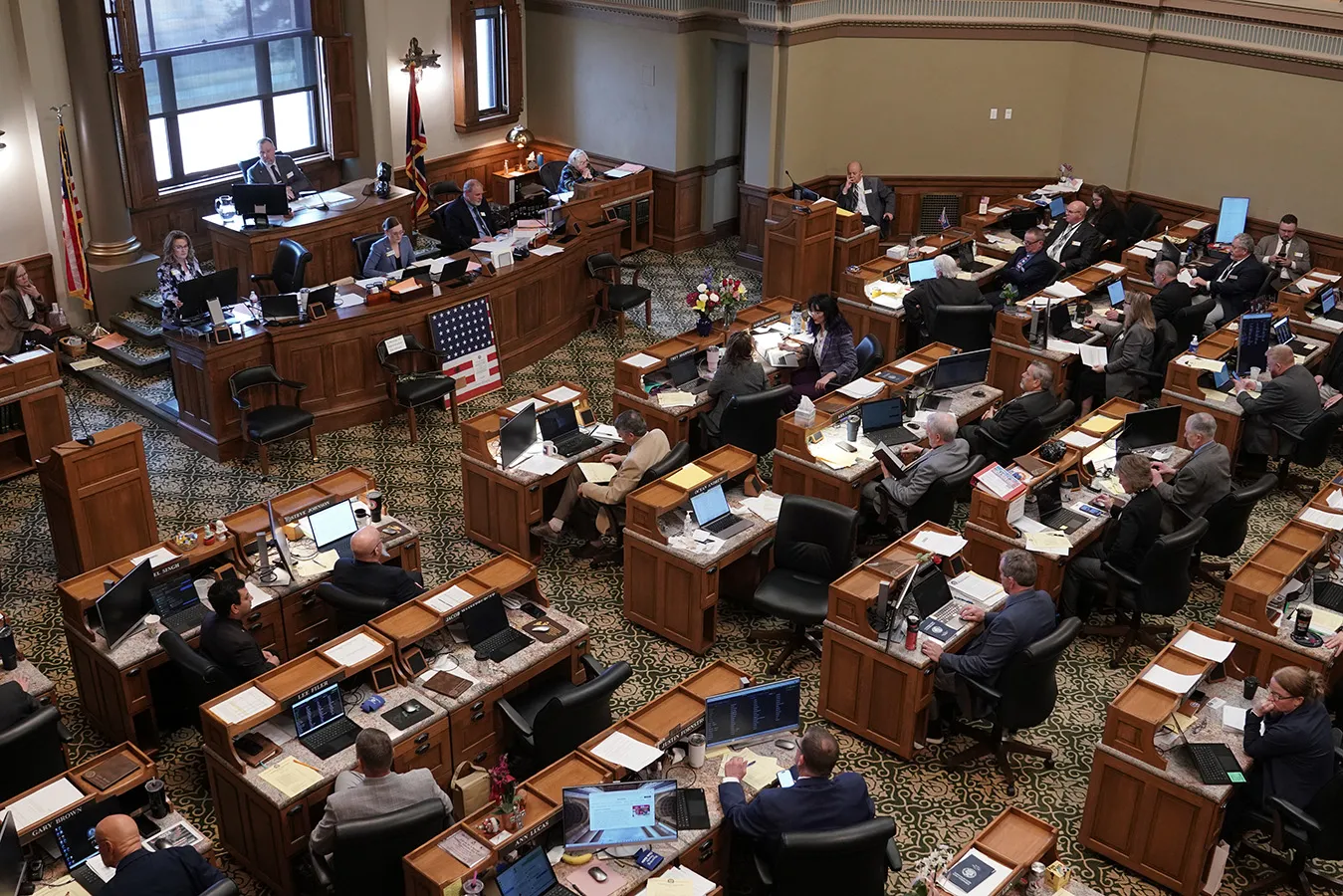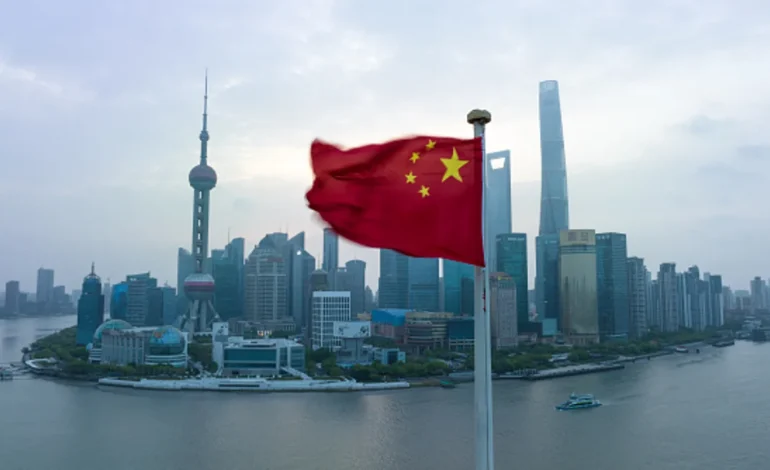Major global investment banks have revised their outlooks for China’s economic growth and financial markets following a surprise trade agreement between the United States and China, CNBC reports.
The 90-day truce, announced on Monday, includes a mutual reduction in tariffs from 125% to 10%, easing tensions that had recently escalated under new US trade policies.
The pause in hostilities has prompted several banks to upgrade their China GDP forecasts for 2025. UBS now expects China’s economy to grow between 3.7% and 4%, up from a previous forecast of 3.4%, citing a likely “smaller shock” to growth from the trade war. Morgan Stanley also raised its short-term GDP estimates, projecting that the temporary tariff relief could prompt companies to accelerate exports and production.
According to Morgan Stanley analysts, China’s second-quarter growth could exceed their earlier estimate of 4.5%, while third-quarter growth may now surpass 4%, buoyed by the trade reprieve and front-loaded manufacturing activity.
ANZ Bank, which previously downgraded China’s 2025 GDP forecast to 4.2% from 4.8%, now suggests growth could outperform this revised figure. Similarly, Natixis has lifted its projection to 4.5%, up from 4.2%, contingent on continued stimulus and further easing of trade barriers.
The improved growth sentiment has also influenced investment strategies. Nomura upgraded its stance on Chinese equities to “tactical Overweight”, shifting some exposure from India to China. Citi raised its target for the Hang Seng Index by 2% to 25,000 for year-end, expecting it to reach 26,000 by mid-2026. It also upgraded China’s consumer sector to Overweight, citing greater domestic resilience amid lingering tariff uncertainties.
Analysts at Maybank and GROW Investment Group echoed this cautious optimism. Maybank’s Chief Investment Officer Eddy Loh highlighted opportunities in communication services and consumer discretionary sectors, while GROW’s William Ma pointed to a possible sustained re-rating of Chinese equities, helped by domestic policy support and consumption-driven stimulus.
China’s CSI 300 Index rose modestly on Tuesday, following a 1.6% gain on Monday. Meanwhile, the Hang Seng Index surged nearly 3% Monday before giving back 1.5% the following day, reflecting market volatility and measured investor sentiment.
Despite the positive shift in sentiment, many experts remain cautious. The 90-day tariff suspension is seen by some as a tactical pause rather than a long-term resolution. Dan Wang, China director at Eurasia Group, warned that underlying economic weaknesses, such as a sluggish property sector and rising local government debt, continue to weigh on China’s broader outlook.
Gary Ng, senior economist at Natixis, emphasized that the temporary nature of the deal, coupled with ongoing trust issues between Washington and Beijing, means that uncertainty persists.
“This is a temporary pause, not a breakthrough,” Ng noted, suggesting the potential for tariffs to be reinstated if broader negotiations stall.
US President Donald Trump, who has framed tariffs as a key strategic tool, has left open the possibility of future increases, reinforcing the fragility of the current agreement.










The latest news in your social feeds
Subscribe to our social media platforms to stay tuned